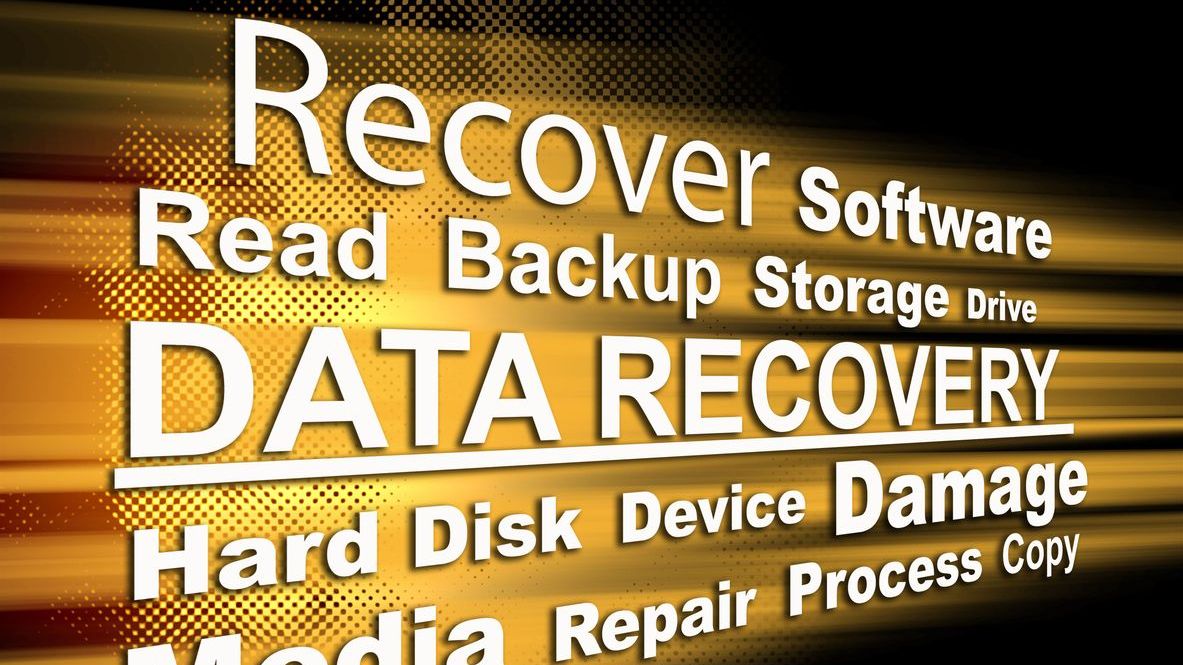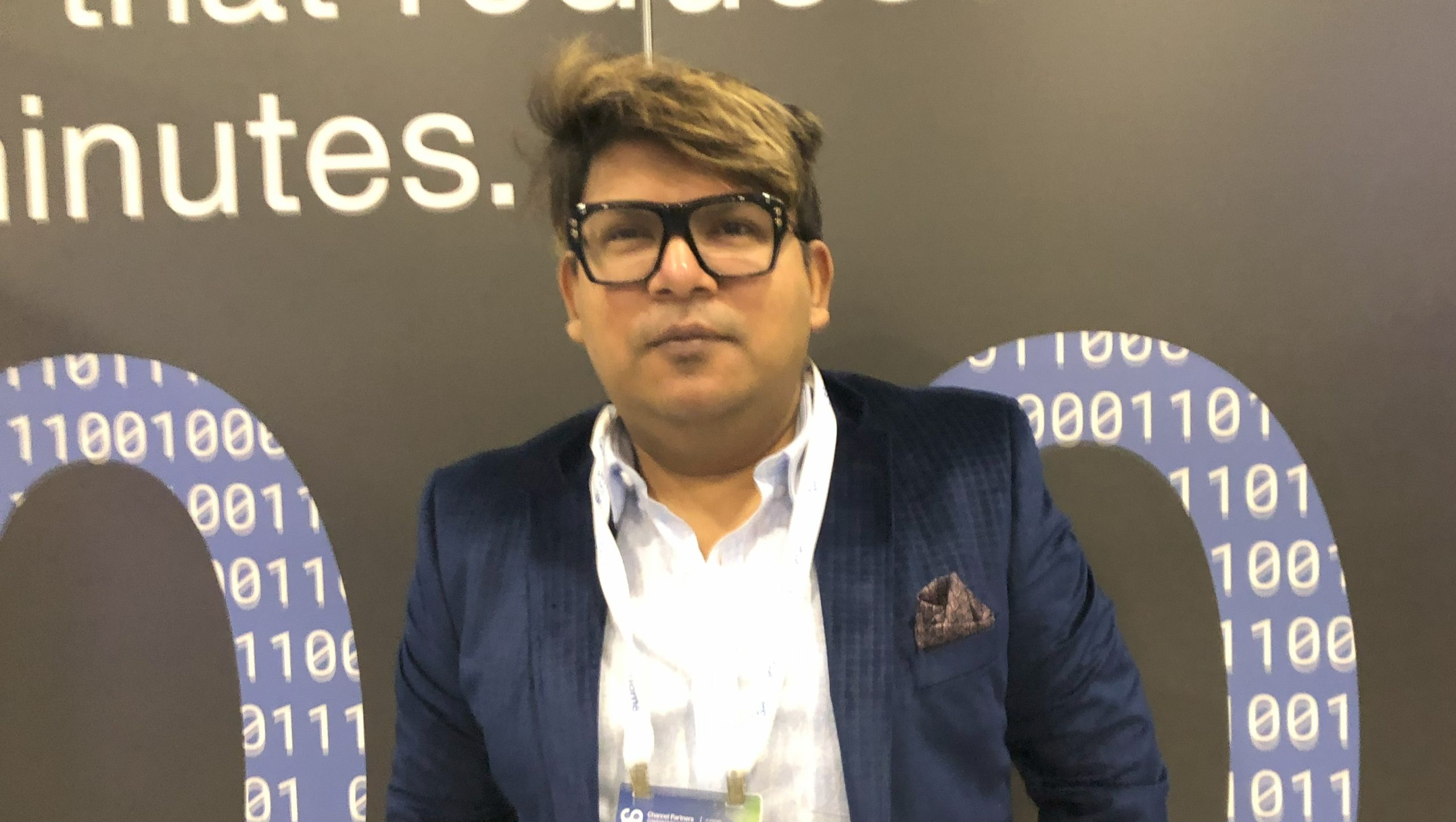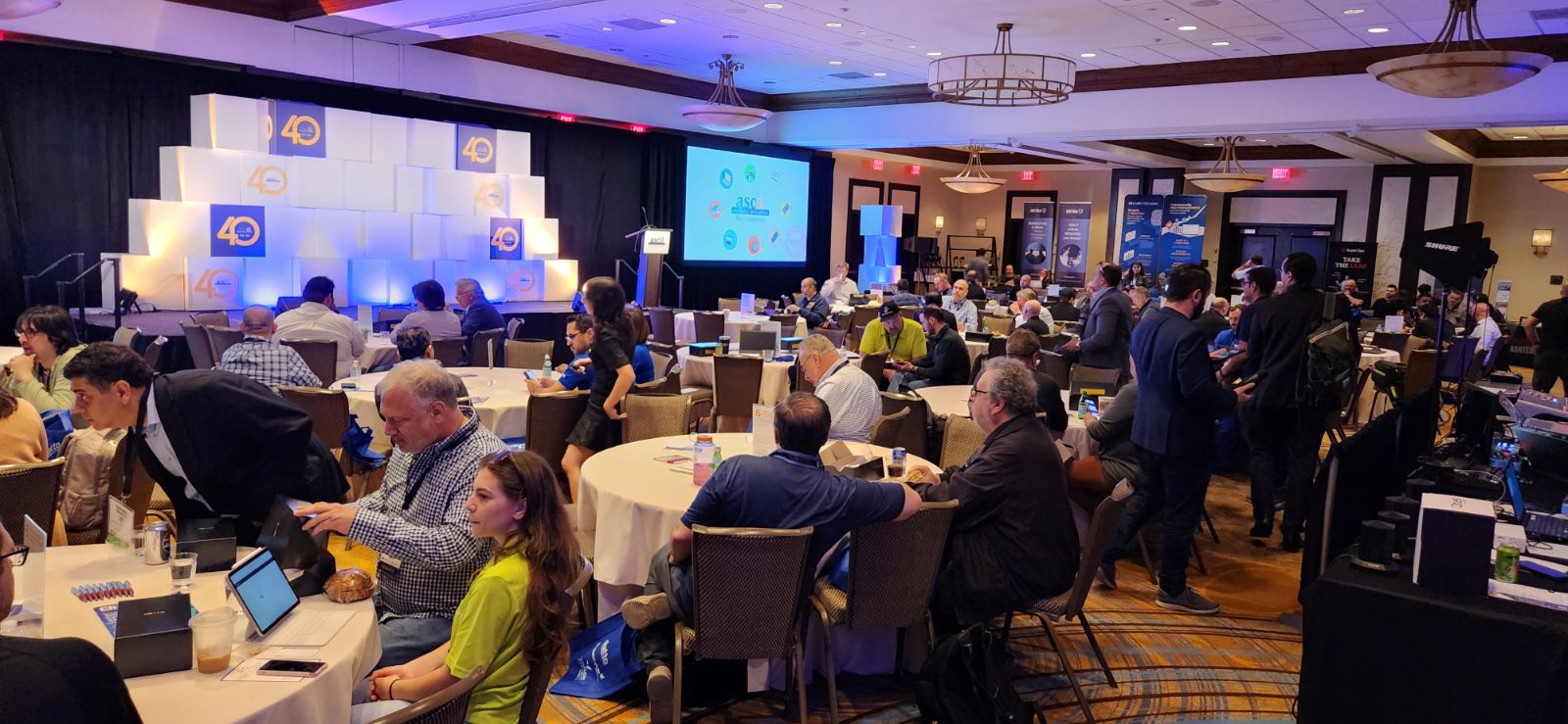Woburn, MA – March 23, 2017 – Kaspersky Lab experts have studied the DDoS services available on the black market and determined just how far the illegal business has advanced, as well as the extent of its popularity and profitability. The research shows that arranging a DDoS attack can cost as little as $7 an hour, while the company targeted by the attack can end up losing thousands, if not millions of dollars in the process.
DDoS attacks can cost anywhere from $5 for a 300-second attack to $400 for a 24-hour attack. Based on the research, the average price for an attack is around $25 per hour. Kaspersky Lab’s experts were also able to calculate that an attack using a cloud-based botnet of 1000 desktops is likely to cost the providers about $7 per hour. That means the cybercriminals organizing DDoS attacks are making a profit of around $18 per hour.
The level of service involved when arranging a DDoS attack on the black market is not very different from that of a legal business. The only difference is that there is no direct contact between the provider and the customer. The ‘service providers’ offer a convenient site where customers, after registering, can select the service they need, pay for it, and receive a report about the attacks. In some cases, there is even a customer loyalty program, with clients receiving rewards or bonus points for each attack.
Several factors can affect the cost of a DDoS attack to the customer. One factor is the type of attack and its source. For example, a botnet made up of popular IoT devices is cheaper than a botnet of servers. However, not all those providing attack services are ready to specify such details. Another factor is the duration of the attack (measured in seconds, hours and days), and the client’s location. DDoS attacks on English-language websites, for example, are usually more expensive than similar attacks on Russian-language sites.
Another big factor affecting the cost is the type of victim. Attacks on government websites and resources protected by dedicated anti-DDoS solutions are much more expensive, as the former are high risk, while the latter are more difficult to attack. For instance, on one DDoS-as-a-service website, the cost of an attack on an unprotected website ranges from $50 to $100, while an attack on a protected site costs $400 or more.
However, another scenario that can allow cybercriminals to make even more money is when the attackers demand a ransom from a target in return for not launching a DDoS attack, or to call off an ongoing attack. The ransom can be the bitcoin equivalent of thousands of dollars, meaning the profitability of a single attack can exceed 95 percent. In fact, those carrying out the blackmail do not even need to have the resources to launch an attack – sometimes the mere threat is enough.
“Cybercriminals are constantly on the lookout for new and cheaper ways of organizing botnets, as well as coming up with ever more ingenious attack scenarios that security solutions will have difficulty dealing with,” says Denis Makrushin, security researcher at Kaspersky Lab. “That’s why, as long as there are vulnerable servers, computers and IoT devices connected to the internet, and many companies prefer not to invest in security against DDoS attacks, we can expect the profitability of DDoS attacks to continue growing, along with their complexity and frequency.”
Interestingly, some cybercriminals have no scruples about selling DDoS attacks alongside protection from them. Kaspersky Lab’s experts, however, do not recommend using criminal services. To learn more about the latest DDoS research, visit Securelist.
About Kaspersky Lab
Kaspersky Lab is a global cybersecurity company founded in 1997. Kaspersky Lab’s deep threat intelligence and security expertise is constantly transforming into security solutions and services to protect businesses, critical infrastructure, governments and consumers around the globe. The company’s comprehensive security portfolio includes leading endpoint protection and a number of specialized security solutions and se±rvices to fight sophisticated and evolving digital threats. Over 400 million users are protected by Kaspersky Lab technologies and we help 270,000 corporate clients protect what matters most to them.
Learn more at www.kaspersky.com.











